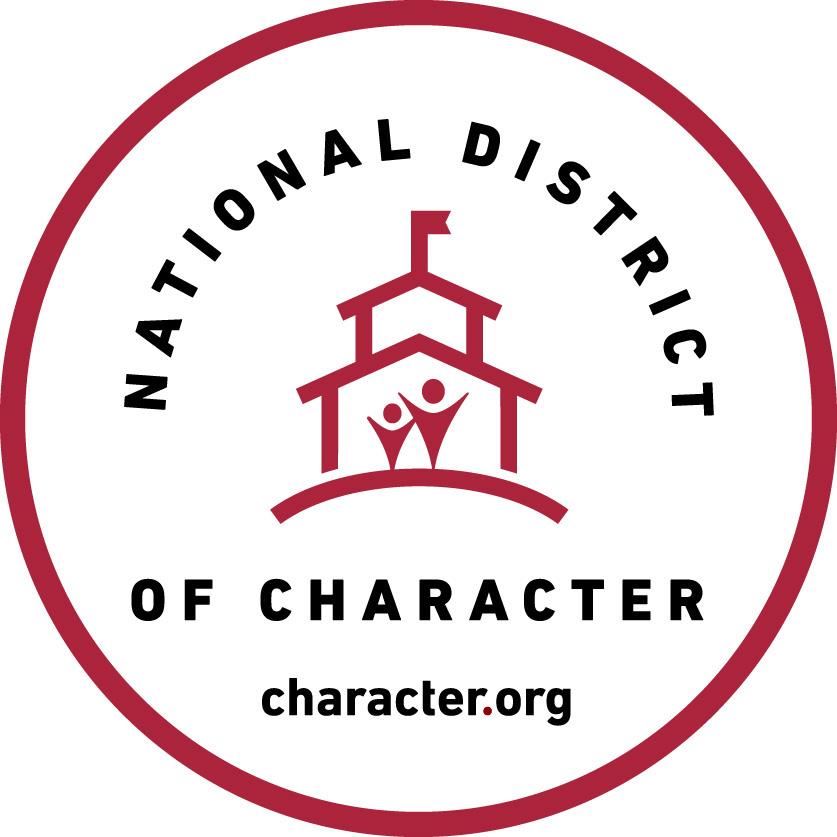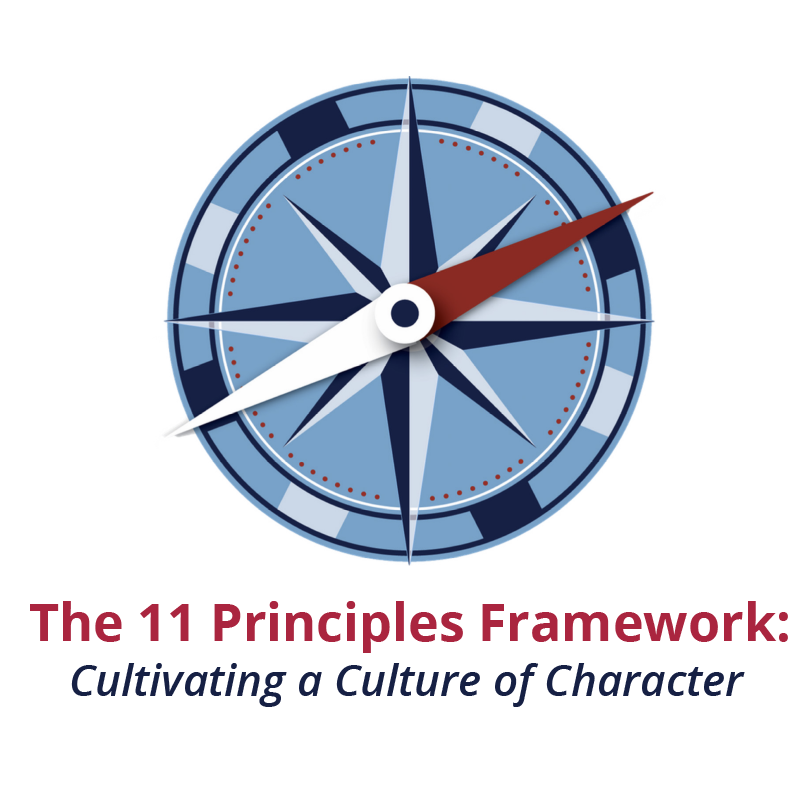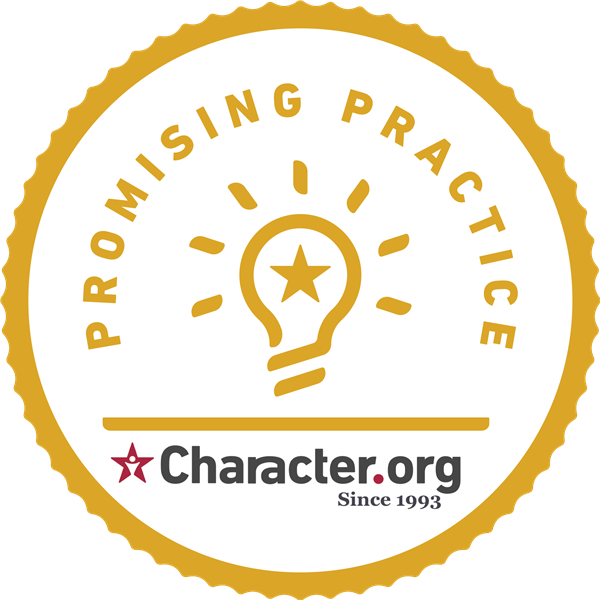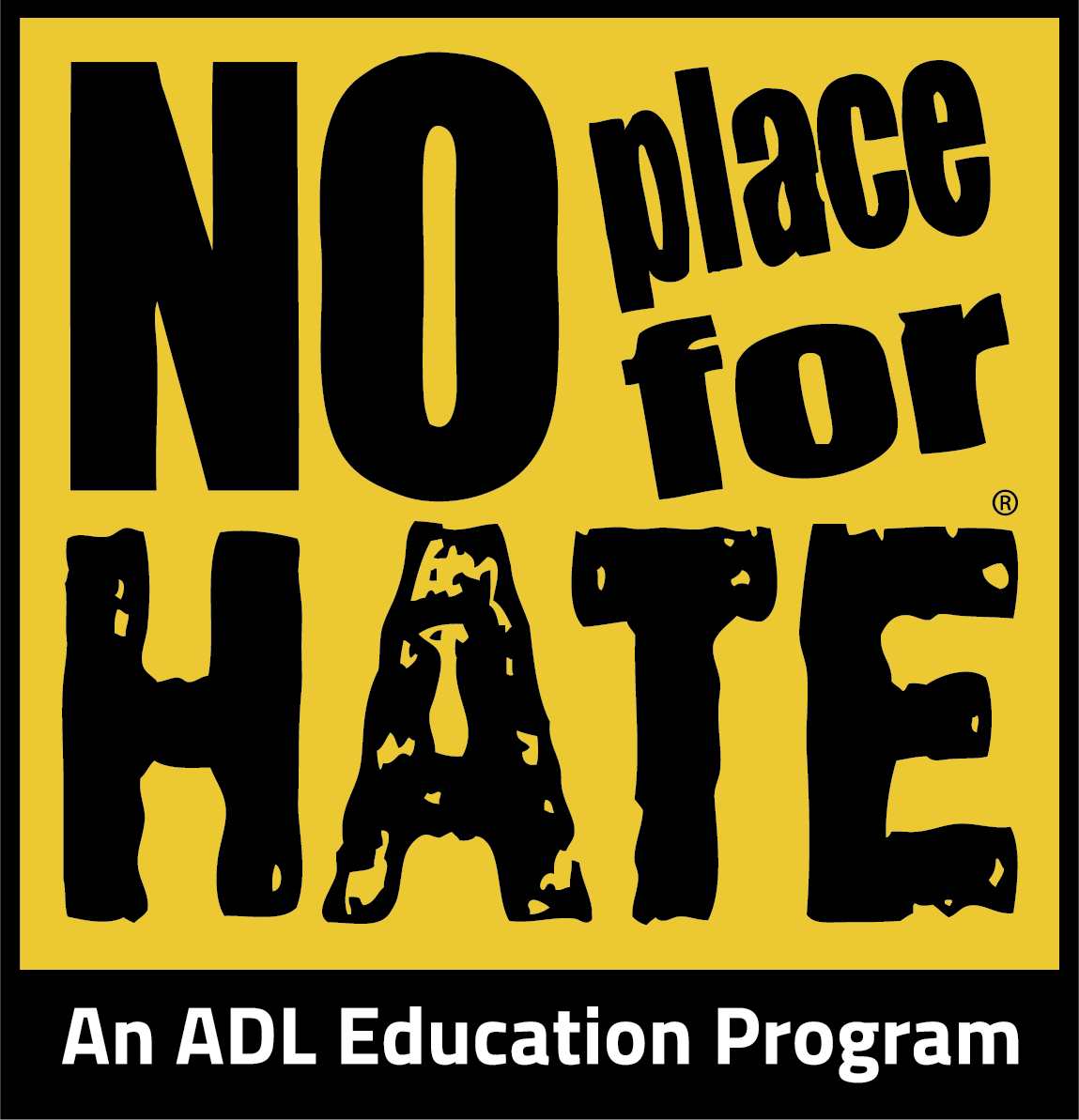- Pennsbury School District
- Character Education in Pennsbury
Our District
Page Navigation
- About Us
- Accessibility Statement
- Administration Organizational Chart
- Attendance Areas
- Attendance Policy
- Budget
- Character Education in Pennsbury
- Comprehensive Plan
- District Administration
- District Communication Protocols
- District Emails Archive
- District Mission
- Equal Opportunity Publication Notification
- Hours of Instruction
- Open Records
- Pennsbury Calendars
- Raptor Visitor Management System
- School Closing and Delay Information
- Superintendent
- Sustainability Management Plan
Character Education in Pennsbury
-

Pennsbury School District was named a National School District of Character, and all 14 Pennsbury schools were individually honored as National Schools of Character by Character.org, a national advocate and leader for the character education movement. Pennsbury was recognized by this Washington, D.C.-based organization for its district-wide use of character development to drive a positive impact on academics, student behavior, and school climate.
Why Good Character?
-

With ongoing direction and guidance, character can be cultivated. People of good character can positively impact our communities in a sustainable way.
Character.Org's 11 Principles in Schools
Based on decades of research on effective schools, the 11 Principles serve as guideposts for schools to plan, implement, assess, and sustain their comprehensive character development initiative. Many school leaders also use the 11 Principles as a school improvement process. The 11 Principles focus on all aspects of school life, including school culture and climate, social and emotional learning (SEL), student engagement and academic achievement, as well as MTSS, PBIS, RTI, restorative practices, teacher morale, and parent engagement.
1) Promotes core ethical values and supportive performance values as the foundation of good character;
2) Defines "character" comprehensively to include thinking, feeling, and behavior;
3) Uses a comprehensive, intentional, and proactive approach to character development;
4) Creates a caring school community;
5) Provides students with opportunities for moral action;
6) Includes a meaningful and challenging academic curriculum that respects all learners, develops their character, and helps them to succeed;
7) Strives to foster students' self-motivation;
8) Engages the school staff as a learning and moral community that shares responsibility for character education and attempts to adhere to the same core values that guide the education of students;
9) Fosters shared moral leadership and long-range support of the character education initiative;
10) Engages families and community members as partners in the character-building effort; and
11) Assesses the character of the school, the school staff's functioning as character educators, and the extent to which students manifest good character.
Promising Practice Award Winners
-

Awards are given to schools that implement unique initiatives that foster collaboration and good character building. Character.org sponsors the annual program to showcase innovative best practices that are having an impact and to encourage educators to learn from and even replicate these successful initiatives.
Promising Practice Awards Recipients
2019
Oxford Valley Elementary School
• Run4LifePennsbury High School
• "Friday 15"
• Multicultural Youth Leaders Group2018
All ten Pennsbury Elementary Schools earned a Promising Practices Award for conducting the inaugural Pennsbury Day of Service activity on Dr. Marther Luther King, Jr. Day.
• Afton Elementary School
• Edgewood Elementary School
• Eleanor Roosevelt Elementary School
• Fallsington Elementary School
• Makefield Elementary School
• Manor Elementary School
• Oxford Valley Elementary School
• Penn Valley Elementary School
• Quarry Hill Elementary School
• Walt Disney Elementary School
No Place for Hate
-

No Place for Hate is a self-directed program helping all of the stakeholders take the lead in improving and maintaining school climate so all students can thrive. To be designated No Place for Hate, a school must complete the following:
- Needs assessment
- Formation of a No Place for Hate committee
- Signing of the Resolution of Respect
- One A World of Difference® Institute anti-bias or bullying prevention training program (optional in some regions)
- Design and implementation of three school-wide anti-bias or bullying prevention activities
Upon completion of the required program components, schools receive a No Place for Hate banner that can be proudly displayed in the school.
School-Wide Positive Behavior Intervention Support
-
What is Positive Behavior Interventions & Supports (PBIS)?
Positive Behavior Interventions and Supports is a process for creating school environments that are more predictable and effective for achieving academic and social goals. PBIS will enhance and change our culture for the better.
How does it work?
A key strategy of the PBIS process is prevention. Through instruction and regular practice, all teachers and staff members will use a consistent set of behavior expectations, common vocabulary, and common dialogue.
Does it make a difference?
The PBIS model is a research-based strategy that is supported by the state of Pennsylvania and the federal Department of Education. The 3-tiered approach reduces problem behaviors. Research shows that schools following the PBIS model recover thousands of hours of instructional time and, on average, four days of student instruction per year.
What about students who are not following the expectations?
Each school has developed a documented discipline system that is integrated with the district’s Code of Conduct. When problem behavior occurs, students are provided a full continuum of supports to address the behavior. If students do not respond, the intensity of the support increases. Most problem student behaviors either have an academic or social base. Properly addressing the root cause of behavior can prevent student failure later in life.
What about parents?
Parents are an important part of PBIS implementation. We encourage parents to use the same expectations that the school teaches. These are not just at-school behaviors; they are life-long behaviors. Children thrive when they have consistent, predictable expectations and consequences.
What can you do to help your child stay on the path to positive behavior?
- Review school expectations with your child.
- Ask your child about his/her day at school every day.
- Make sure your child is ready every day.
- Ensure a good night’s sleep.
- Provide a quiet time and space for your child to do homework nightly.
- Keep in touch with your child’s teacher.
- Encourage your child to use appropriate language and tone.
- Practice positive phrases with your child, such as, “Thank you,” “Excuse me,” “Please,” and “I’m sorry.”
- Be a visible part of your child’s school day. Attend PTO meetings and other school activities as your schedule allows.
LYFT Character Awards
-
 What is LYFT?LYFT stands for the four communities of Pennsbury:
What is LYFT?LYFT stands for the four communities of Pennsbury:- Lower Makefield Township
- Yardley Borough
- Falls Township
- Tullytown Borough
Pennsbury-LYFT Character AwardsIn conjunction with Pennsbury School District's ongoing character education initiative, students at the elementary, middle, and high school levels are spotlighted each month for possessing specific positive character assets. Students are nominated by teachers, staff, or administration for embodying exemplary character traits and behaviors. Winners receive a certificate and are formally recognized at the district's monthly school board meeting.Monthly Spotlight Traits:- October - Respectfulness
- November - Responsibility
- December - Fairness and Sportsmanship
- January - Caring and Service to Others
- February - Cooperation
- March - Safety
- April - Integrity
- May - Leadership
- June - Citizenship

